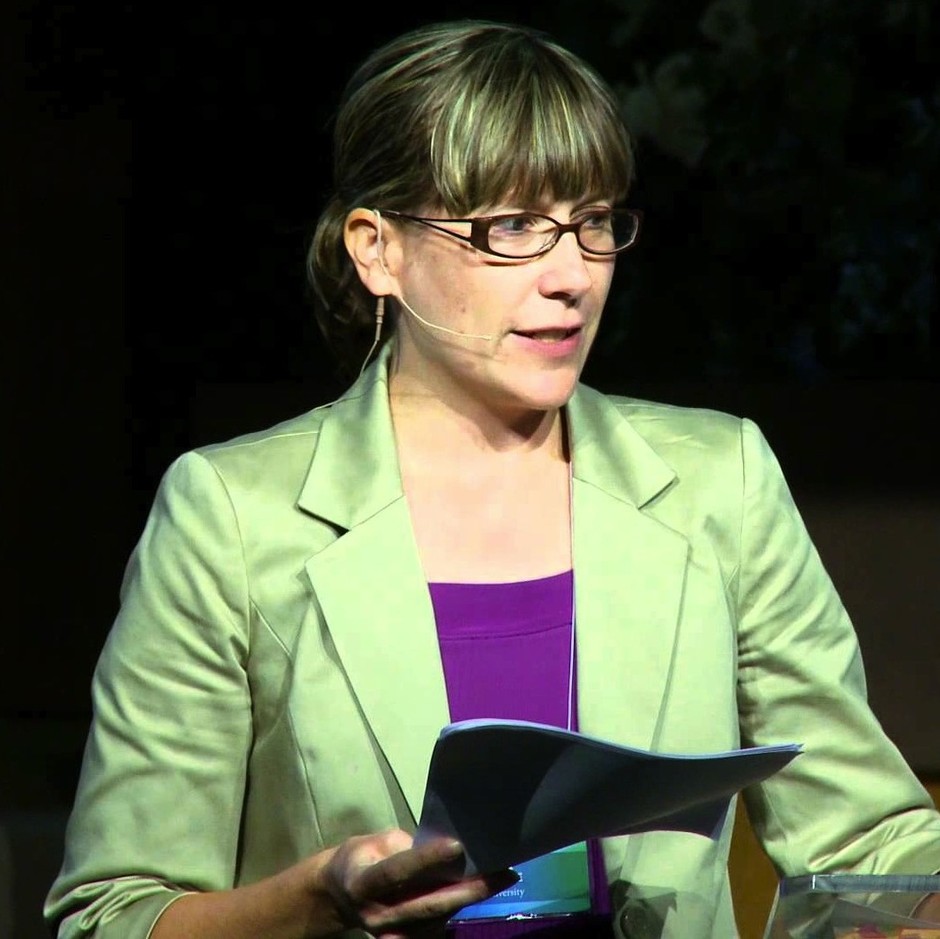In this video from the 2012 Center for Christian Thought Conference, Natasha Duquette, former associate professor of English at Biola, discusses the concept of "heteroglossia" as displayed by Jesus and the disciples in their collaboration with each other and with God. Duquette argues that this can be seen as a precursor to the history of collaborative dissent within theology and proposes a model for theological aesthetics for Christians working today in the Academy. She discusses a wide range of thinkers like Augustine, Kant, Hans Urs von Balthasar, Reinhold Niebuhr, and Edmund Burke.

Natasha Duquette received her MA from the University of Toronto and her PhD from Queen’s University. She was formerly an associate professor and Chair of the English Department at Biola University where she taught courses on eighteenth-century literature, Jane Austen, critical theory, and African literature. Her articles have appeared in Notes and Queries, Mosaic: A Journal for the Interdisciplinary Study of Literature, Christianity and Literature, and Persuasions-Online. She has also edited the collection Sublimer Aspects: Interfaces between Literature, Aesthetics, and Theology (Cambridge Scholars, 2007), as well as contributing to Jane Austen Sings the Blues (U of Alberta P, 2009) and Through a Glass Darkly: Suffering, the Sacred, and the Sublime in Literature and Theory (Wilfred Laurier U P, 2010). For the Chawton House Library series, she created a new critical edition of Helen Maria Williams’s eighteenth-century novel Julia (Pickering & Chatto, 2009). She is currently co-editing an essay collection titled Jane Austen and the Arts with Elisabeth Lenckos (University of Chicago). Her monograph Veiled Intent: Dissenting Women’s Aesthetic Approach to Biblical Hermeneutics and Social Action is forthcoming with Wipf & Stock.